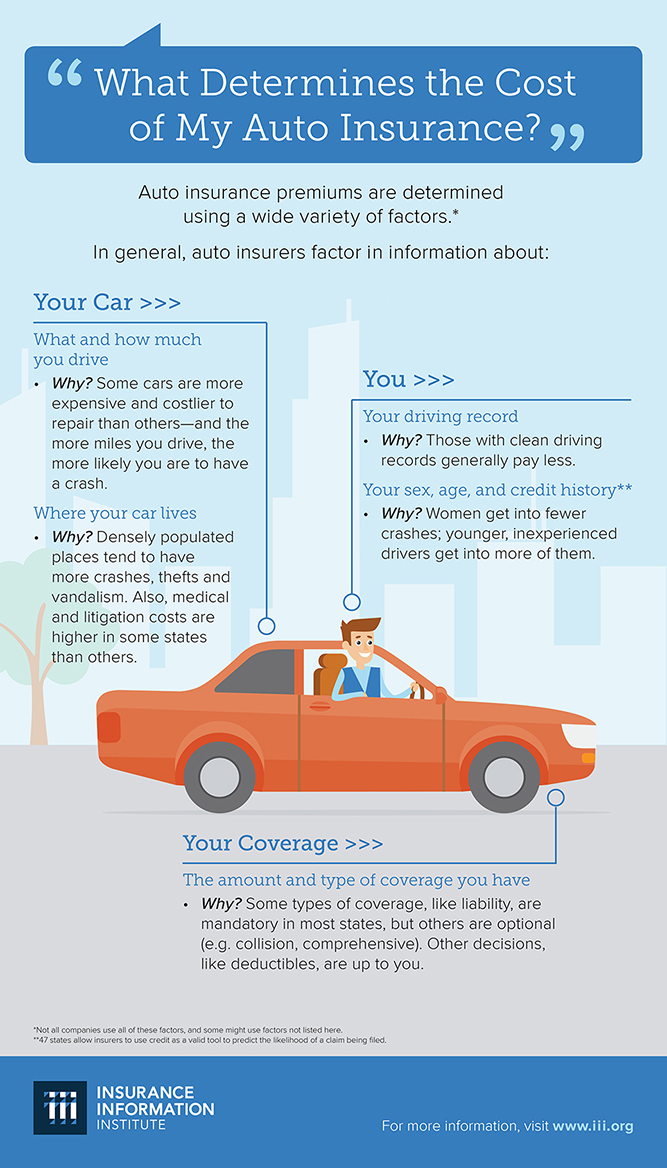Well, scooters, to be precise. As in, those now-becoming-ubiquitous motorized units one can rent on the fly. Well, as with much new transportation tech, new insurance issues arise.
The folks at the Insurance Information Institute alerted us to a story focusing on the question of how or even whether these scooters, and those who rent them, will be covered in the event of an accident:
"An e-scooter company’s insurance policy might not cover a user in the event of an accident. Many e-scooter companies also require users to assume all liability arising out of their e-scooter use."
Okay, that makes sense; after all, Hertz isn't responsible when one of its customers totals someone else's car. But auto insurance generally covers that (as usual, always confirm this with your own agent ahead of time). How does this apply to renting one of these little guys?
I reached out to our guru of P&C, Bill M, asking:
This is about those e-scooter (like rental bikes, but motorized). Specifically, I'm curious about:
"An e-scooter company’s insurance policy might not cover a user in the event of an accident. Many e-scooter companies also require users to assume all liability arising out of their e-scooter use."
And
"Whether a user’s personal insurance would cover any third-party liability arising out of an accident they caused or contributed to depends on the specific terms and conditions of their policies."
So for example, if I rent a bike (you see these at UD, etc), and hit someone, how would this be any different, liability-wise?
And:
"Personal auto: A standard personal auto policy excludes liability coverage for a vehicle with fewer than four wheels"
So I'm wondering if there's any coverage at all. And not just liability: what if I rent one of these and wreck it? Am I on the hook for replacing it, or will my insurance step in?"
To which Bill graciously replied:
"Spoke with one of my carriers and they said that we would cover this under the auto policy. This would require each individual to ask their home and auto carrier specifically.
They said they would treat it just like a leased auto in extending coverage.
Just keep in mind it is one company’s opinion."
Of course!
This specifically caught my eye:
"...treat it just like a leased auto"
As I told Bill, "Okay, that surprises me: it makes actual sense."
Again, please make sure to check with your own agent before pulling clicking "Yes."
The folks at the Insurance Information Institute alerted us to a story focusing on the question of how or even whether these scooters, and those who rent them, will be covered in the event of an accident:
"An e-scooter company’s insurance policy might not cover a user in the event of an accident. Many e-scooter companies also require users to assume all liability arising out of their e-scooter use."
Okay, that makes sense; after all, Hertz isn't responsible when one of its customers totals someone else's car. But auto insurance generally covers that (as usual, always confirm this with your own agent ahead of time). How does this apply to renting one of these little guys?
I reached out to our guru of P&C, Bill M, asking:
This is about those e-scooter (like rental bikes, but motorized). Specifically, I'm curious about:
"An e-scooter company’s insurance policy might not cover a user in the event of an accident. Many e-scooter companies also require users to assume all liability arising out of their e-scooter use."
And
"Whether a user’s personal insurance would cover any third-party liability arising out of an accident they caused or contributed to depends on the specific terms and conditions of their policies."
So for example, if I rent a bike (you see these at UD, etc), and hit someone, how would this be any different, liability-wise?
And:
"Personal auto: A standard personal auto policy excludes liability coverage for a vehicle with fewer than four wheels"
So I'm wondering if there's any coverage at all. And not just liability: what if I rent one of these and wreck it? Am I on the hook for replacing it, or will my insurance step in?"
To which Bill graciously replied:
"Spoke with one of my carriers and they said that we would cover this under the auto policy. This would require each individual to ask their home and auto carrier specifically.
They said they would treat it just like a leased auto in extending coverage.
Just keep in mind it is one company’s opinion."
Of course!
This specifically caught my eye:
"...treat it just like a leased auto"
As I told Bill, "Okay, that surprises me: it makes actual sense."
Again, please make sure to check with your own agent before pulling clicking "Yes."



















